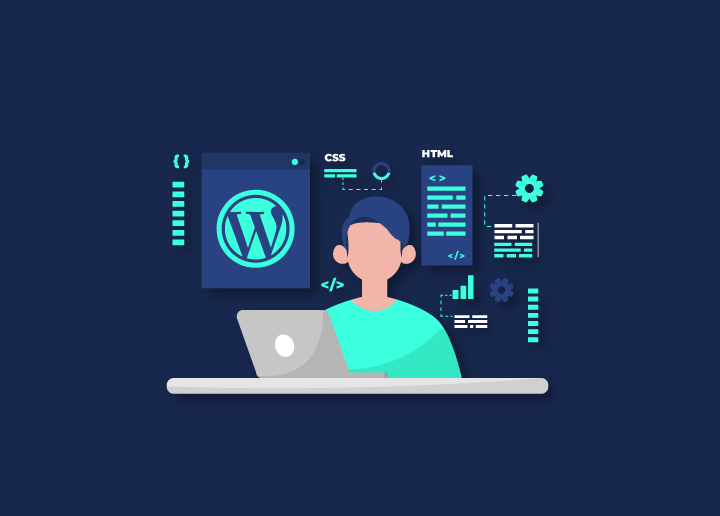Click Info Track: Your Daily Dose of Insights
Stay updated with the latest trends and information across various topics.
WordPress Development: Where Plugins Go to Party
Unleash your creativity as WordPress plugins throw the ultimate development party! Discover tips, tricks, and trends to elevate your site!
Top 10 Must-Have Plugins for Your WordPress Site
When it comes to enhancing the functionality of your WordPress site, plugins are absolutely essential. The right plugins can improve security, boost performance, and even help with search engine optimization. In this article, we’ll explore the Top 10 Must-Have Plugins for Your WordPress Site that every website owner should consider. These tools not only simplify complex tasks but also provide intuitive solutions to common challenges, allowing you to focus on creating great content.
1. Yoast SEO - This powerful plugin makes optimizing your content for search engines a breeze.
2. Wordfence Security - Ensures your site is protected against hackers and malware.
3. WooCommerce - Perfect for turning your site into a full-fledged online store.
4. Jetpack - A multipurpose plugin that enhances site performance and security.
5. Elementor - A drag-and-drop page builder that simplifies design.
6. UpdraftPlus - Reliable backup solution to ensure your content is safe.
7. Akismet - Helps to filter out spam comments.
8. Contact Form 7 - Easy way to create and manage contact forms.
9. WP Super Cache - Improves website speed by generating static HTML files.
10. Smush Image Compression - Reduces image sizes without losing quality, leading to faster load times.

How to Choose the Right Plugins for Your WordPress Development
Choosing the right plugins for your WordPress development is crucial for enhancing your site's functionality and performance. Start by identifying your specific needs and the goals you aim to achieve with your website. Make a list of essential features you want, such as SEO optimization, security enhancements, or e-commerce capabilities. Once you have your requirements outlined, research popular plugins that meet these criteria. Pay attention to user reviews, active installations, and recent updates to ensure you select well-maintained and reliable options.
After narrowing down your choices, consider the compatibility of the plugins with your current WordPress theme and other plugins in use. It's essential to avoid conflicts that can lead to site malfunctions. To help you make the best decision, prioritize plugins that are lightweight and designed to optimize performance. Additionally, checking their support and documentation can be beneficial for troubleshooting any future issues. By following this approach, you can ensure that you choose the right plugins that enhance your WordPress development without compromising your site's functionality.
Common Plugin Conflicts and How to Resolve Them
In the world of WordPress, common plugin conflicts can lead to a range of issues, from site slowdowns to complete outages. One frequent conflict arises when two plugins try to modify the same functionality or resource, leading to unexpected behavior. For example, if you have both a caching plugin and a script optimization plugin that both manipulate JavaScript files, conflicts can occur. To identify these issues, it’s essential to disable all plugins and then reactivate them one by one to pinpoint the troublesome pair. This process can help ensure that your site runs smoothly without unnecessary glitches.
Another prevalent conflict happens between plugins that interact with the database in similar ways, such as two different SEO plugins trying to overwrite meta tags. To resolve these types of conflicts, consider using a single plugin that covers all the functionalities you need. Additionally, keeping your plugins updated can help minimize compatibility issues as developers frequently release updates to resolve known conflicts. By following best practices and being proactive, you can manage plugin conflicts effectively and maintain a well-functioning site.